Terrain and rider needs significantly impact whether a 750W or 1000W electric bike is the better choice. A 1000W e-bike excels on steep hills, rugged trails, and with heavier riders due to its superior power and torque. Conversely, a 750W bike offers better efficiency, longer range, and easier legal compliance, making it ideal for urban commuting and moderate terrain. The optimal motor size depends on your terrain, weight, and riding style.
How Does Terrain Influence the Performance of 750W vs 1000W E-Bikes?
Terrain affects motor workload and speed drastically. On flat, paved roads, both 750W and 1000W motors maintain good speeds, with 1000W able to achieve higher top speeds around 35 mph. Moderate hills (up to 15% incline) challenge 750W motors but remain manageable, while 1000W motors power through smoothly. Steep hills and rough off-road trails highlight the 1000W’s torque advantage, allowing effortless climbs and better handling.
What Are the Speed and Acceleration Differences Between 750W and 1000W Motors?
750W e-bikes typically top out near 28 mph with moderate acceleration, suitable for casual riding. Meanwhile, 1000W motors enable speeds up to 35 mph with faster acceleration from stops and superior hill climbing. This sportier performance enhances safety and rider confidence in varied conditions.
Which Motor Offers Better Energy Efficiency for Daily Use?
750W motors are more efficient, offering longer battery range—40 to 50 miles on average—due to lower power consumption. 1000W motors consume more energy, reducing range to approximately 30 to 40 miles unless supported by larger battery packs, making 750W preferable for longer urban commutes on flatter terrain.
Why Is Rider Weight Critical When Choosing Between 750W and 1000W E-Bikes?
Heavier riders increase motor load, slowing acceleration and top speed. While 750W motors may suffice for riders up to 200 lbs on flat terrain, heavier riders or those carrying cargo benefit from the extra torque and power of 1000W motors, which reduce rider strain and maintain performance.
How Do Legal Restrictions Influence Your Choice of 750W vs 1000W E-Bike?
Many jurisdictions limit street-legal e-bike motors to 750W, classifying 1000W e-bikes as off-road vehicles requiring special registration or licenses. Riders should verify local laws before purchasing a 1000W e-bike to ensure compliance and avoid fines.
When Should You Choose a 750W E-Bike?
Opt for a 750W e-bike if you primarily ride in urban environments on flat to rolling terrain, value longer battery range, and desire a lower purchase price. These bikes suit daily commuters and casual riders prioritizing efficiency and legal ease.
Where Does a 1000W E-Bike Shine?
1000W e-bikes are ideal for riders facing steep climbs, rugged terrain, or heavy cargo needs. Their higher power and torque provide faster acceleration and help riders tackle challenging environments with less effort.
Can Rider Weight and Terrain Combined Drastically Change E-Bike Performance?
Yes, heavy riders on steep or uneven terrain experience marked declines in speed and range. A 250-lb rider ascending a steep hill might lose up to 40% of their top speed compared to a lighter rider on flat roads. The 1000W motor helps mitigate this drop by delivering more torque.
Chart: Combined Impact of Rider Weight and Terrain on 750W vs 1000W E-Bike Speed
| Condition | 750W Speed (mph) | 1000W Speed (mph) | Notes |
|---|---|---|---|
| Flat terrain, light load | 28-30 | 32-35 | 1000W offers higher top speed |
| Moderate hills, avg load | 20-25 | 28-32 | 1000W climbs more easily |
| Steep hills, heavy load | 15-18 | 22-28 | 750W requires pedaling; 1000W throttle may suffice |
| Rough terrain | 12-18 | 20-25 | 1000W better handles resistance |
How Can You Maximize Your 1000W or 750W E-Bike's Speed and Efficiency?
- Maintain proper tire pressure to reduce rolling resistance.
- Match motor assistance levels to terrain and load.
- Regularly charge and maintain batteries.
- Use aerodynamic riding posture.
- Avoid sudden acceleration and excessive speed to conserve energy.
TST Expert Views
“At TST, we recognize that power choice must match rider needs and environments. Our 750W e-bikes excel in efficient urban riding, while 1000W models empower riders tackling hills and heavy loads without fatigue. By integrating intelligent battery management and robust motors, we deliver performance and reliability crucial for every cyclist’s unique journey.” — TST Product Director
Buying Tips
When selecting between 750W and 1000W e-bikes:
- Evaluate your typical riding terrain and hill frequency.
- Consider rider weight and usual cargo loads.
- Check local e-bike regulations for motor wattage limits.
- Factor in budget and desired range.
- Test ride if possible, assessing comfort and handling.
- Prioritize reputable brands offering warranty and support.
Conclusion
Choosing between a 750W and a 1000W electric bike depends largely on terrain, rider weight, legal limits, and intended use. The 750W offers efficient, affordable commuting for flat and moderate terrain, while the 1000W provides superior torque and speed for hills and rugged use. Proper maintenance and riding techniques will help maximize performance and range regardless of motor size.
FAQs
Is a 750W or 1000W e-bike faster?
Generally, 1000W e-bikes are faster, with top speeds up to 35 mph compared to about 28 mph for 750W models.
Which motor is better for hill climbing?
1000W motors have more torque and climb steep hills more effortlessly than 750W motors.
Are 1000W e-bikes street legal everywhere?
No, many places legally restrict e-bikes to 750W to be classified as street-legal vehicles.
Do heavier riders need a 1000W e-bike?
Heavier riders benefit from the extra power and torque of 1000W motors for easier pedaling and better speed.
Is the battery life shorter on a 1000W e-bike?
Yes, higher power consumption on 1000W e-bikes may reduce range unless paired with larger batteries.
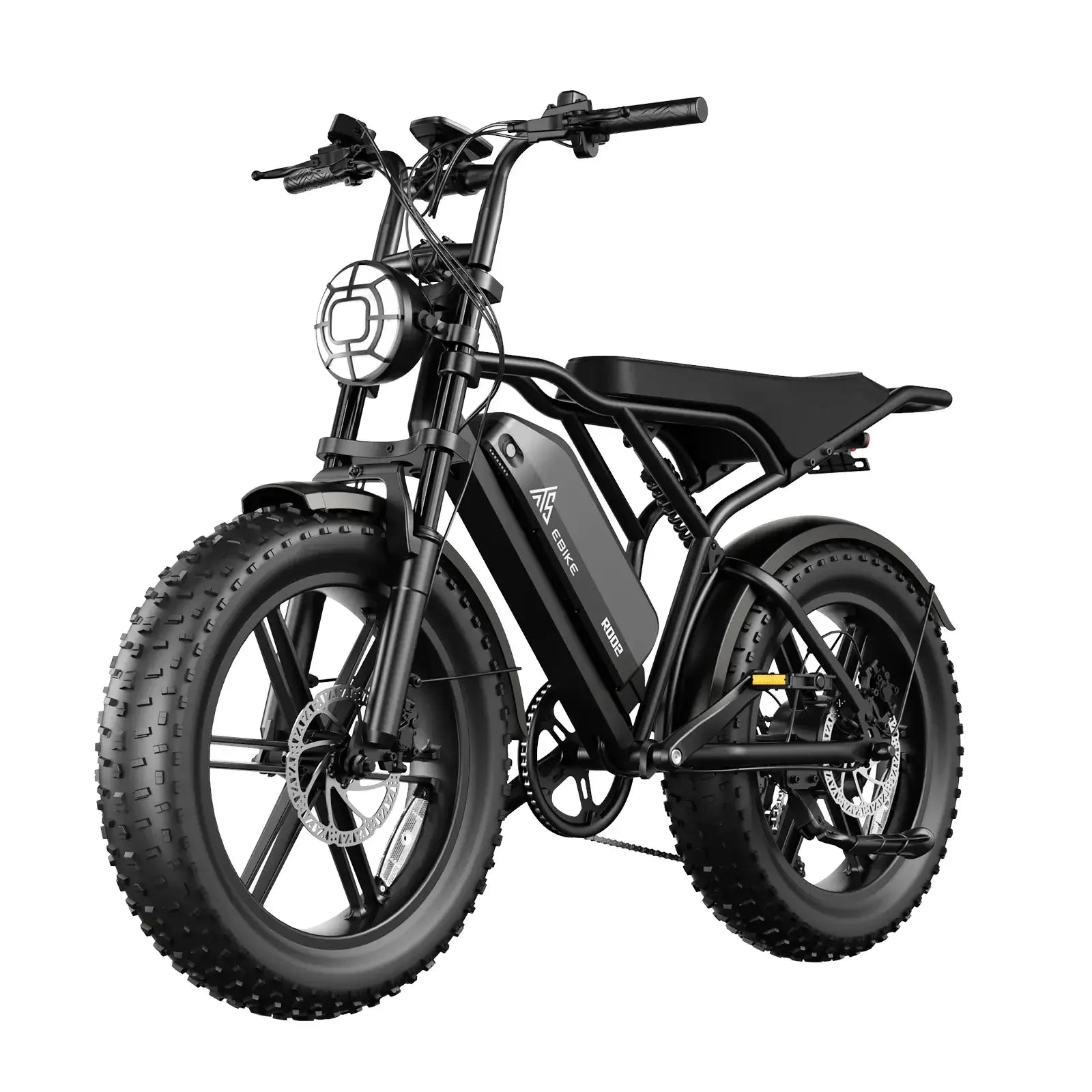
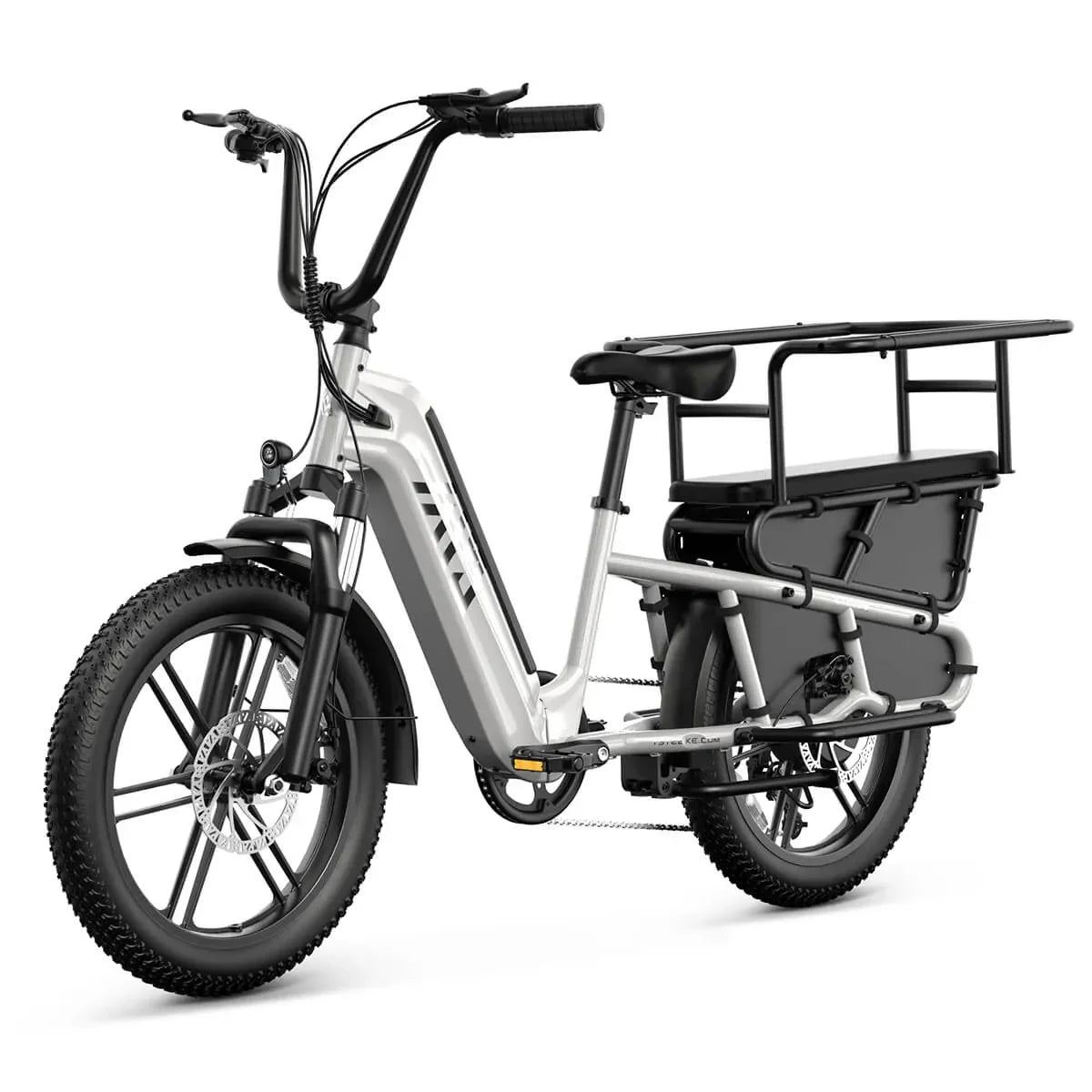
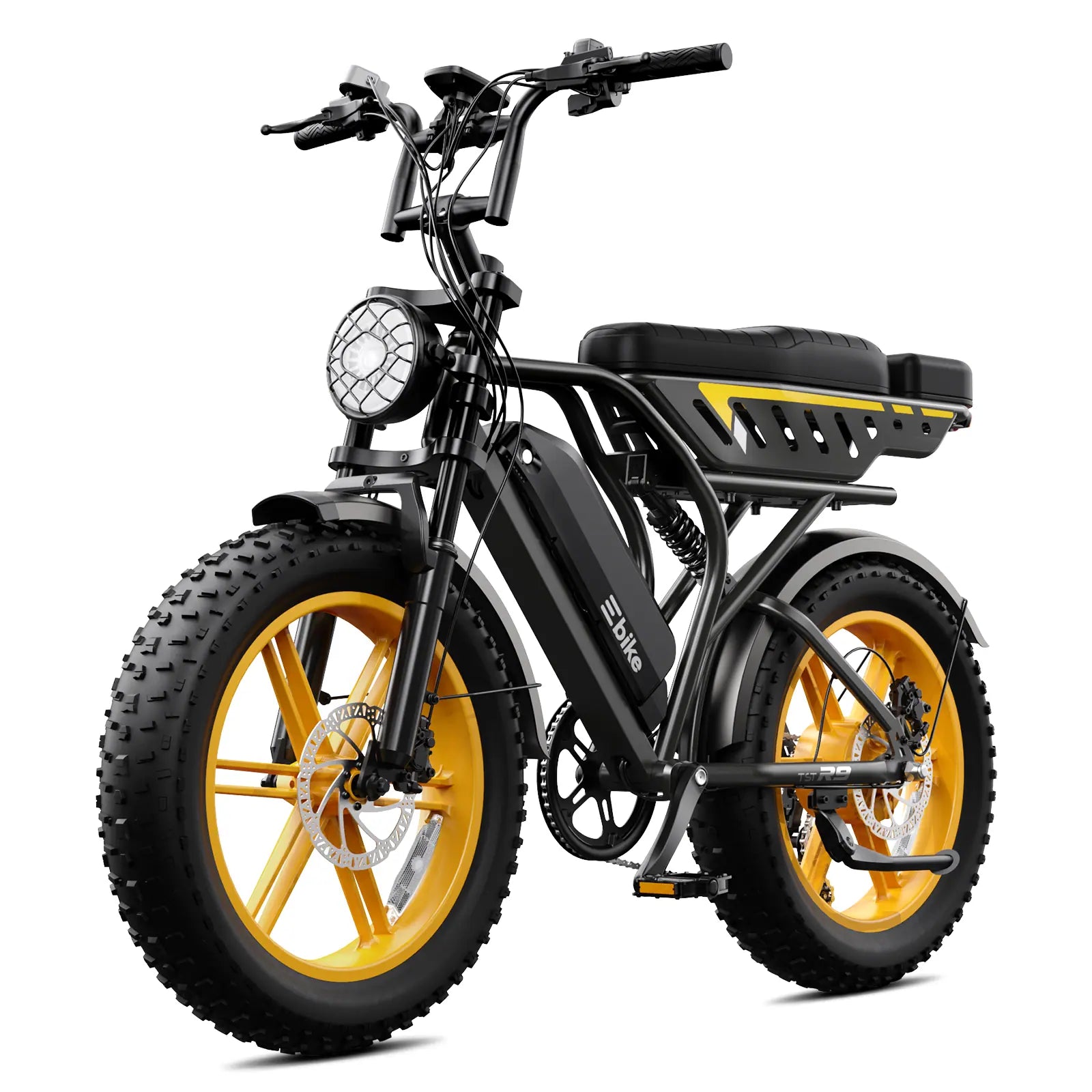
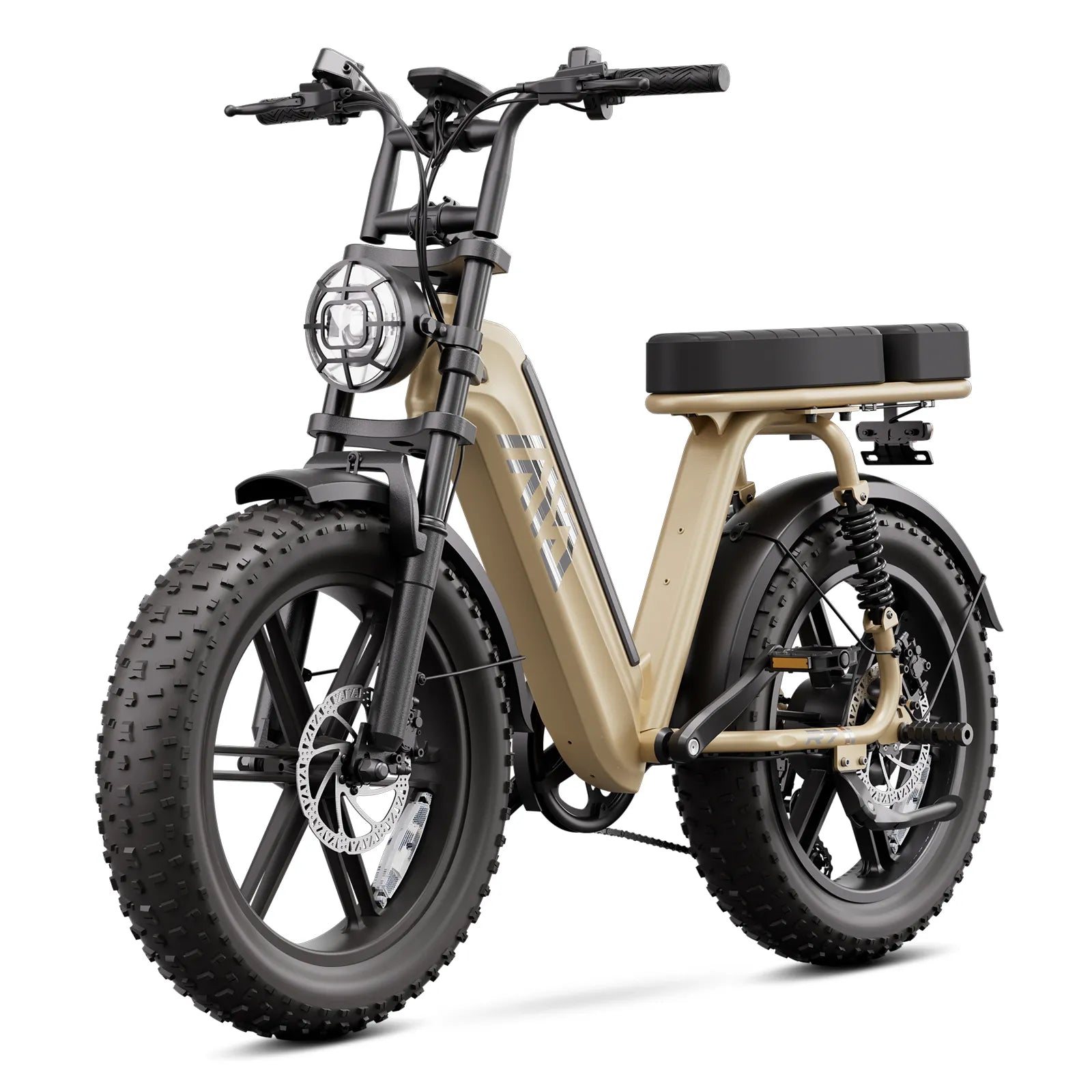
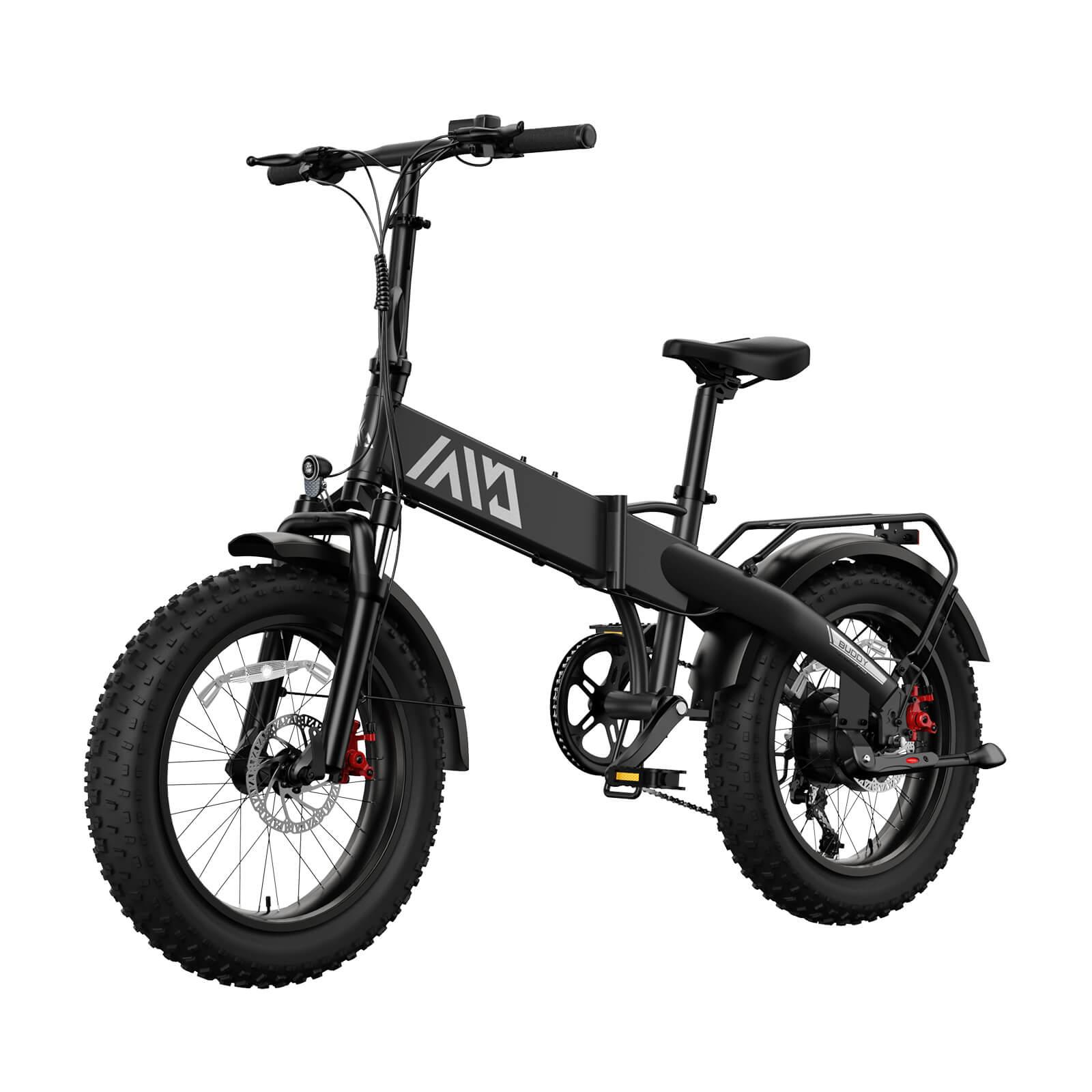

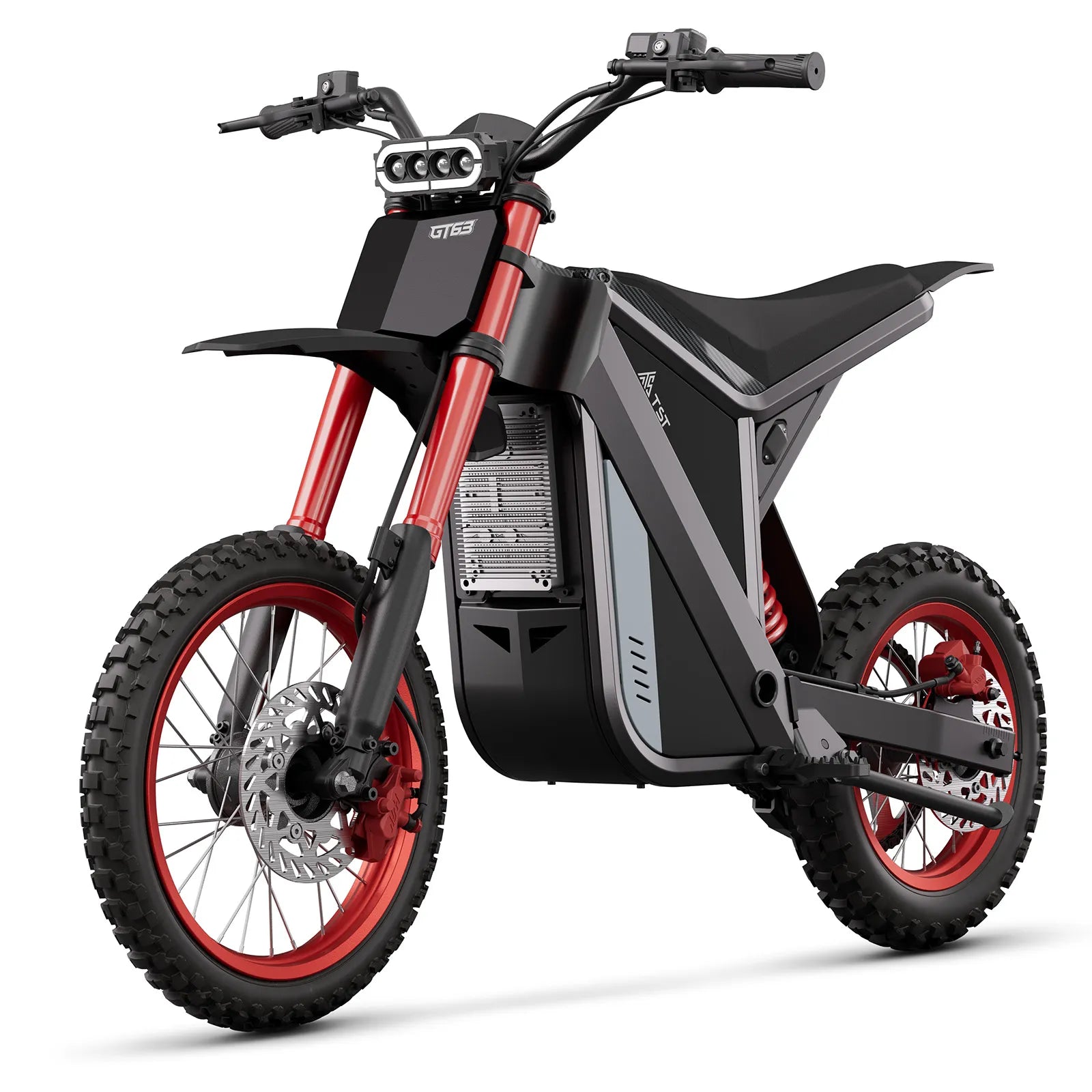
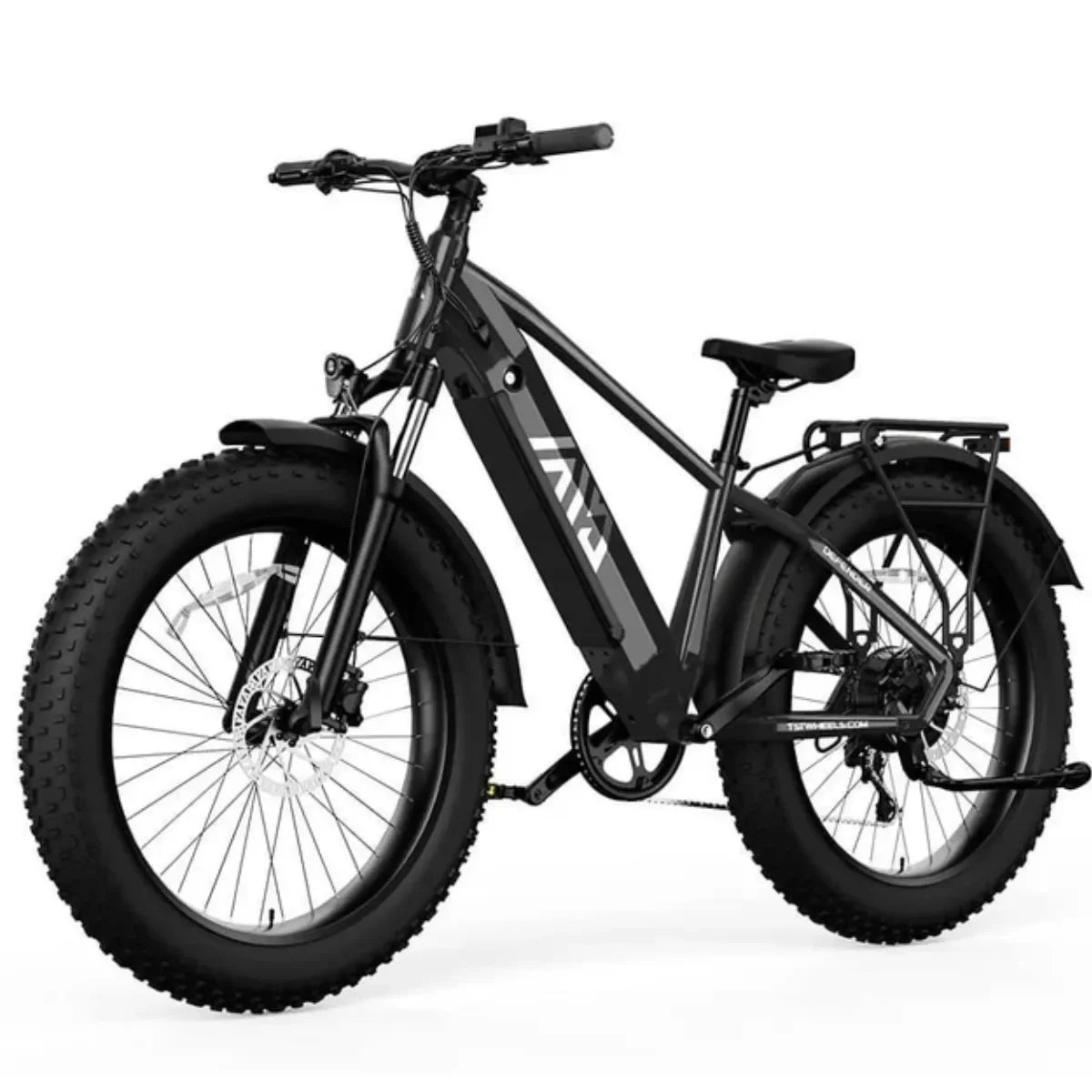
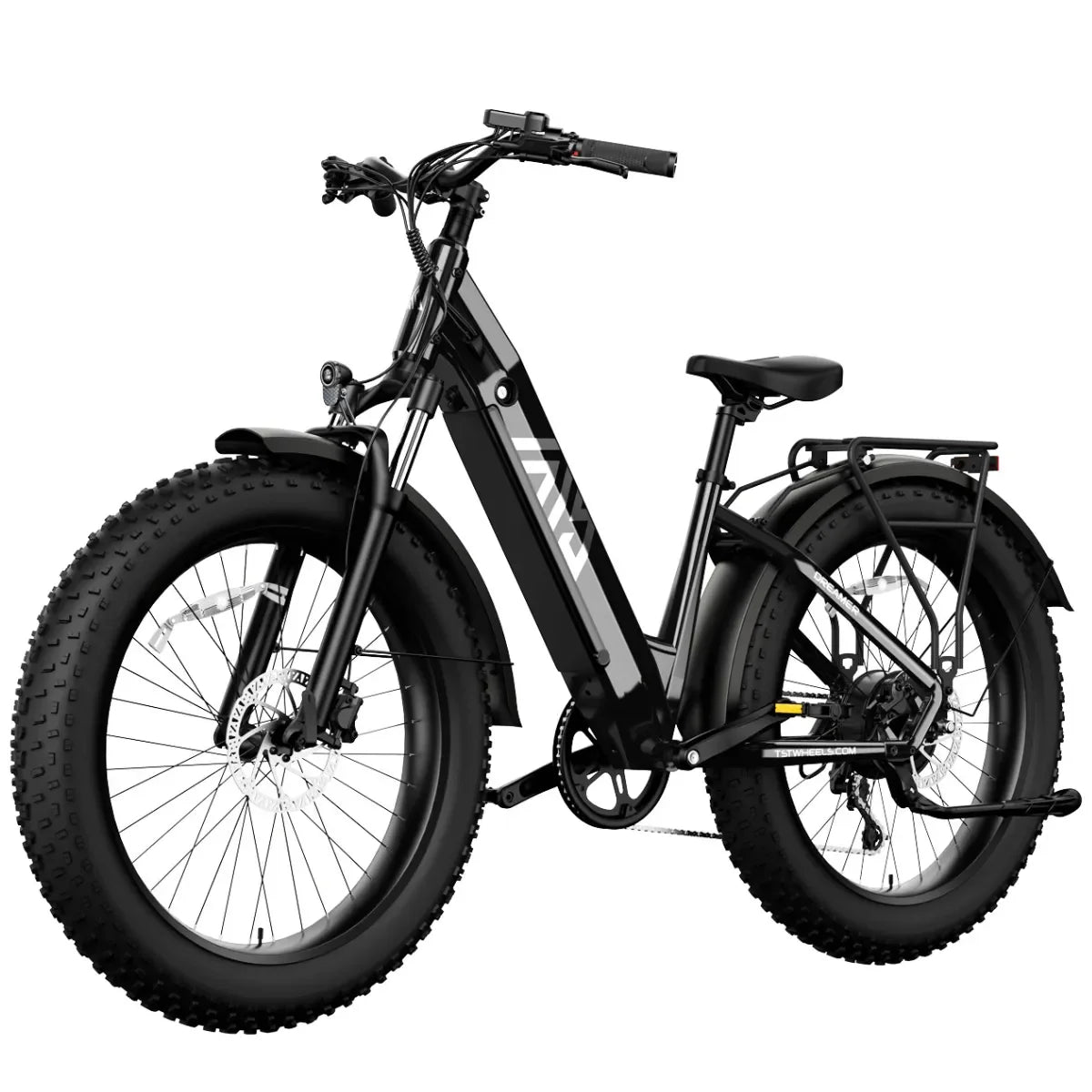
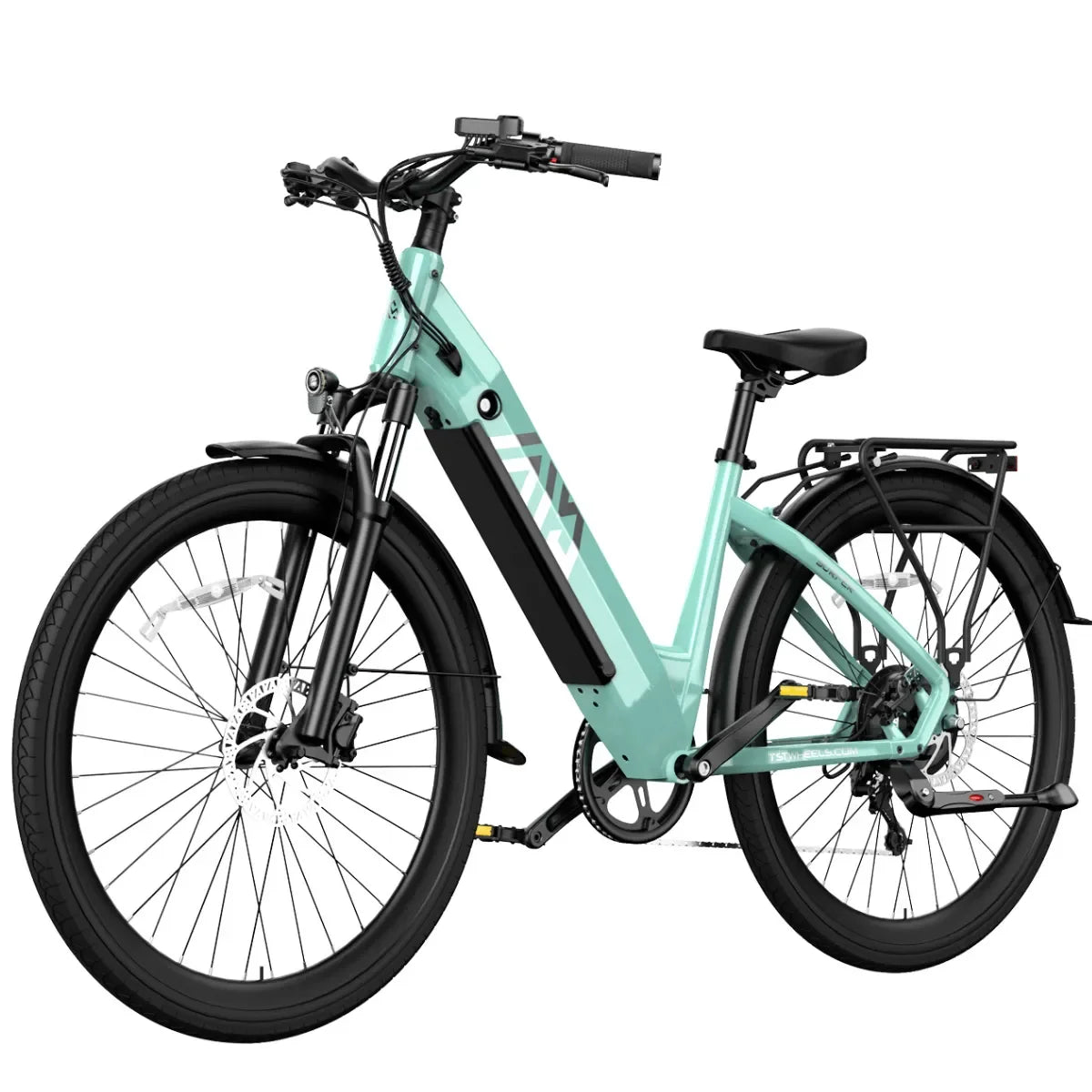
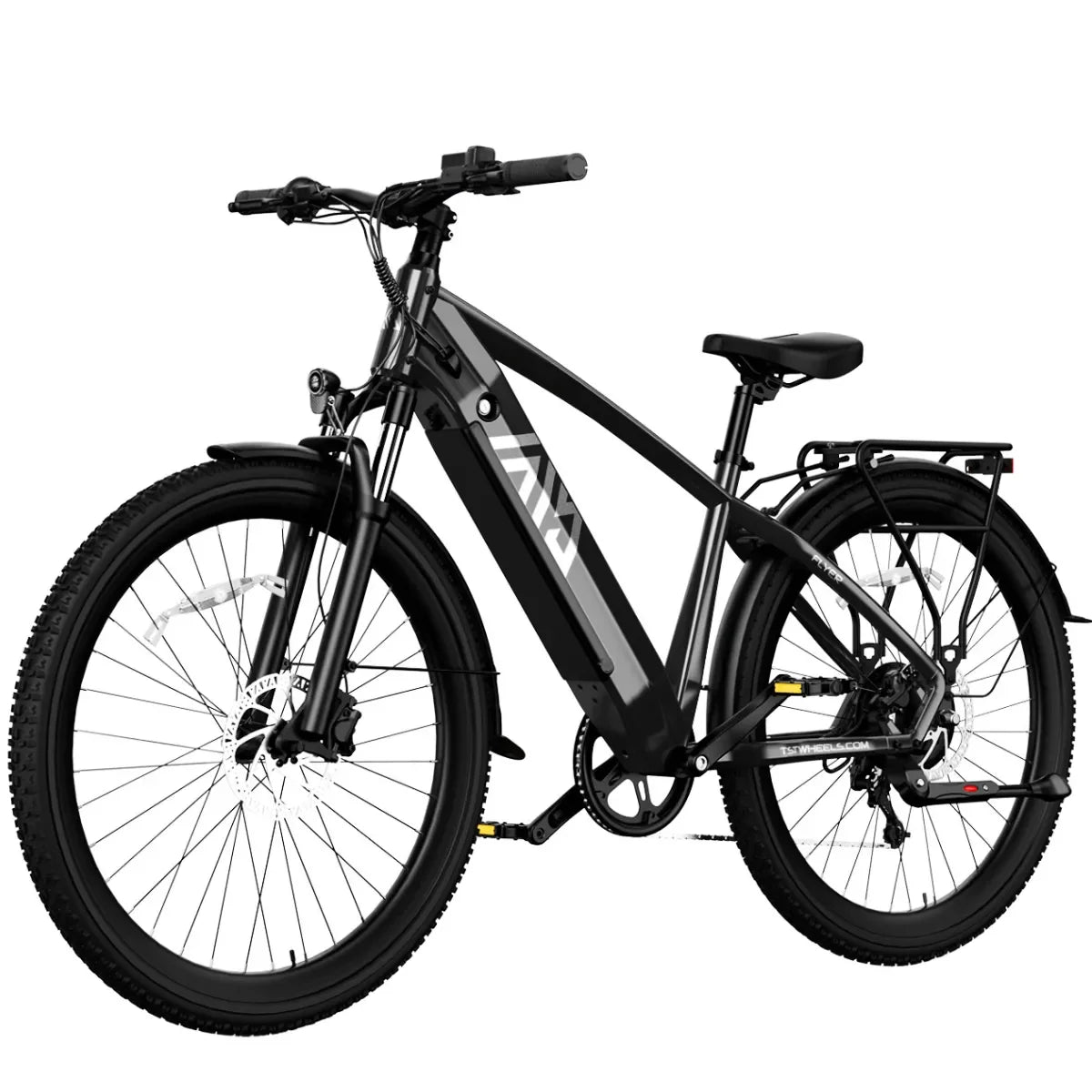
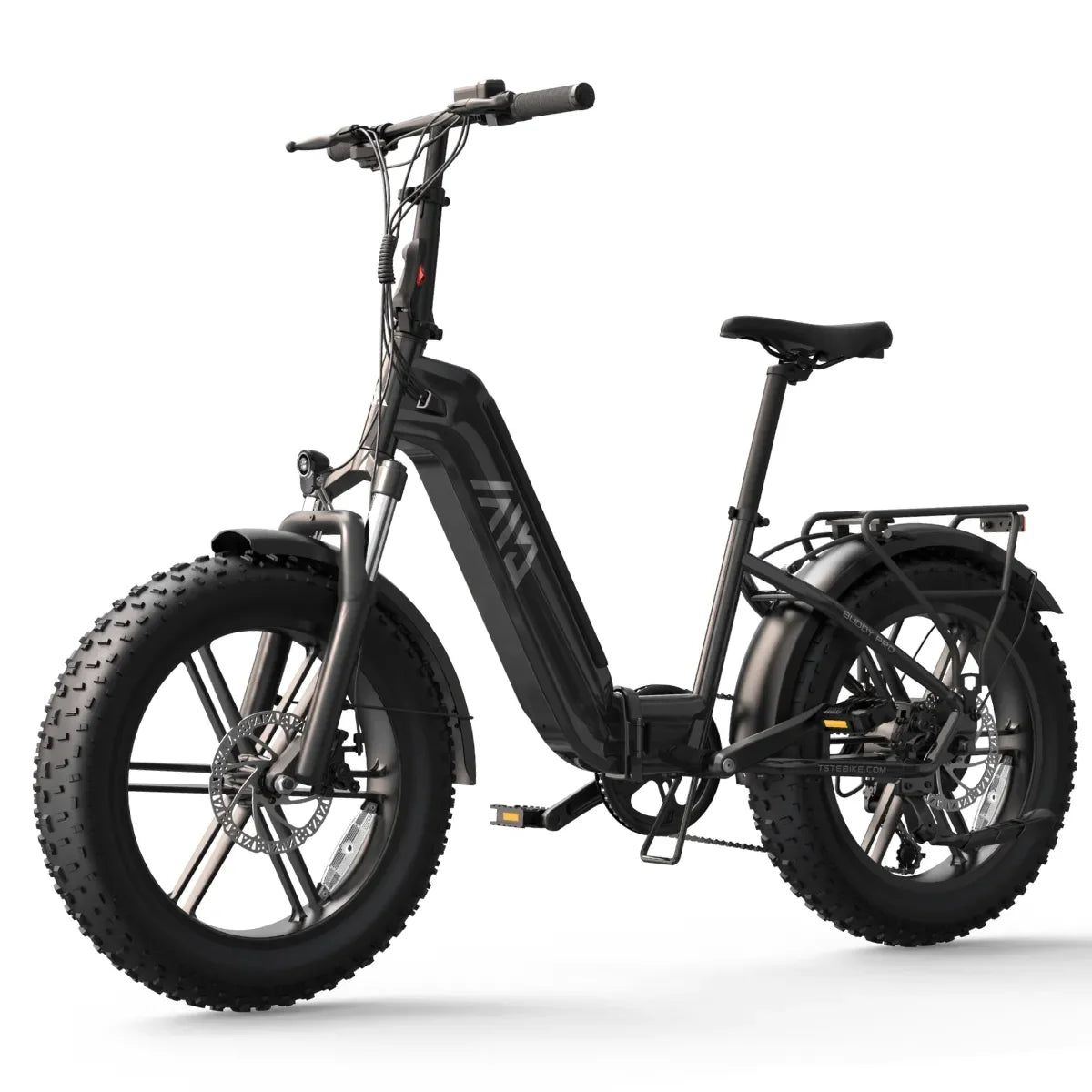
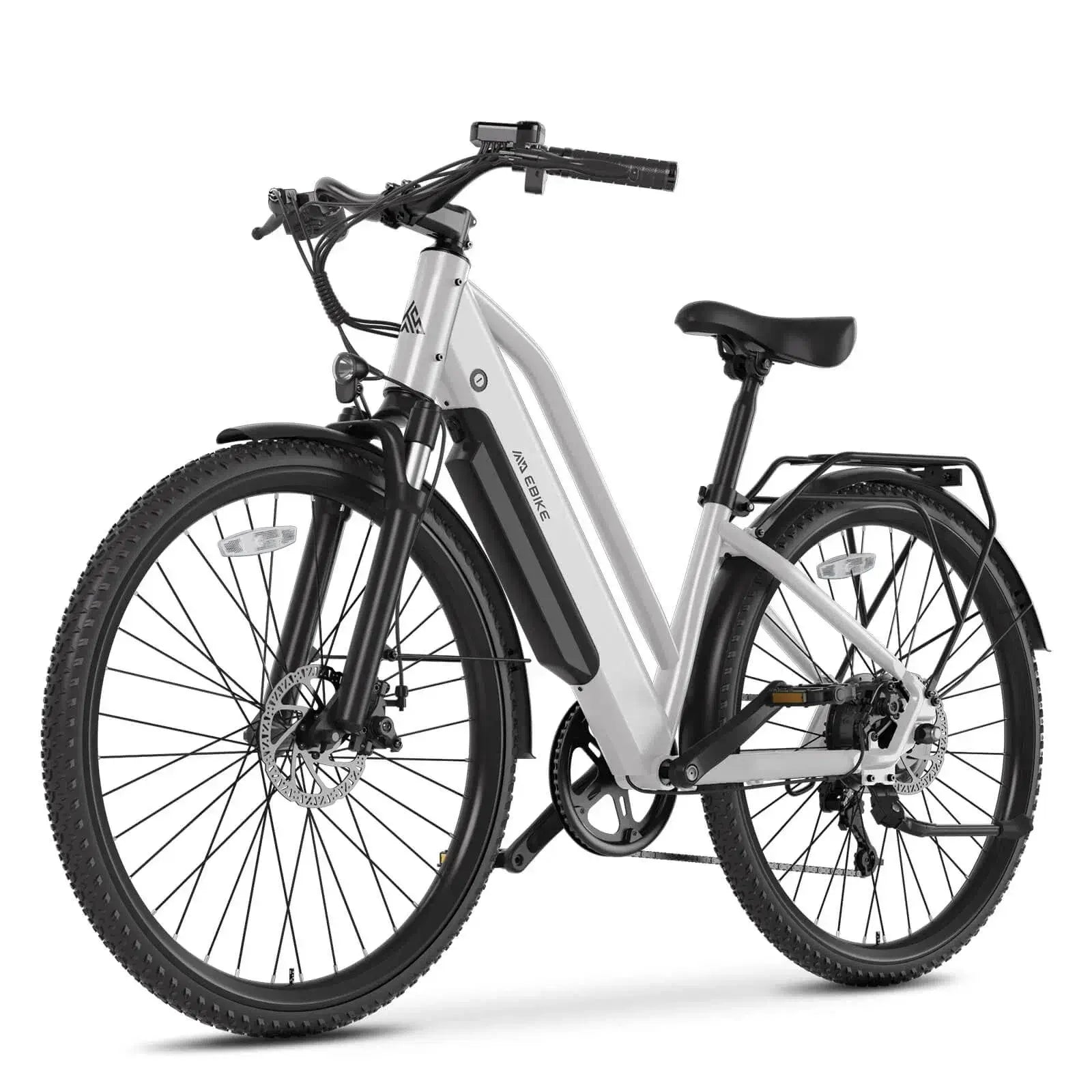
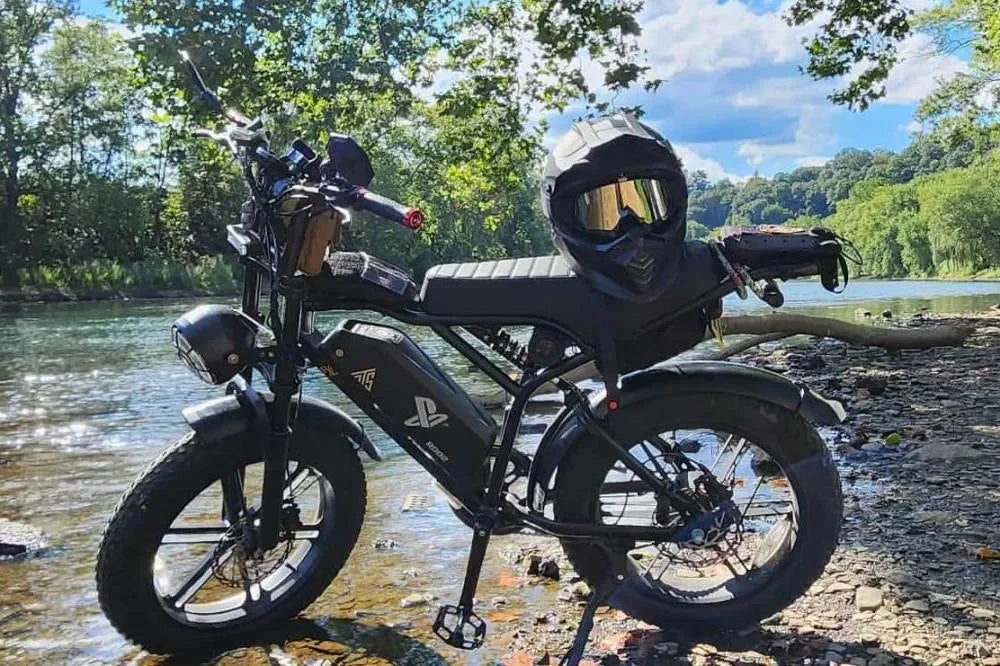
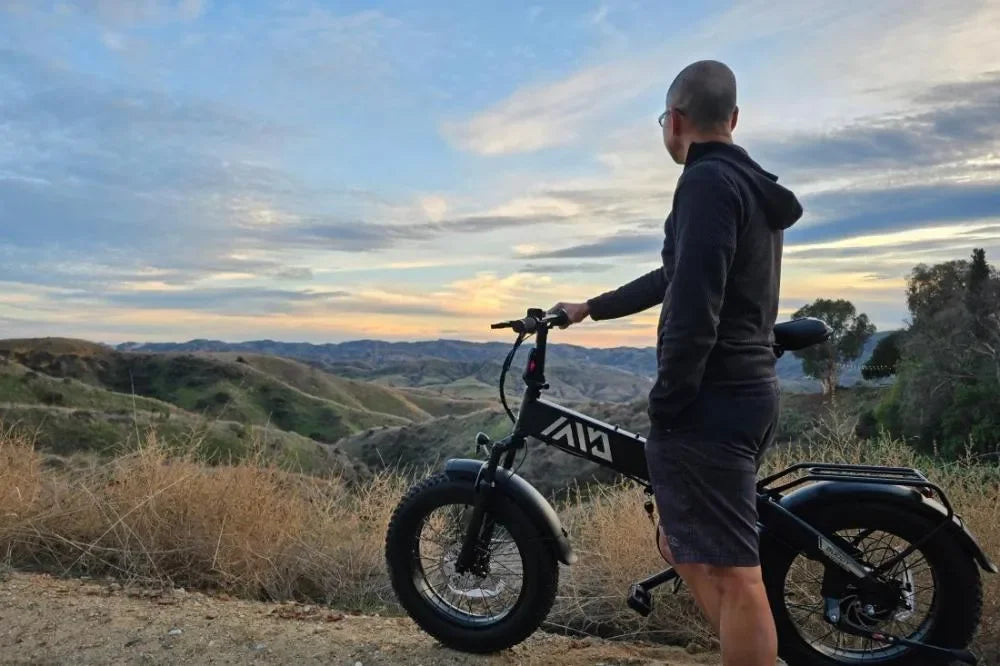
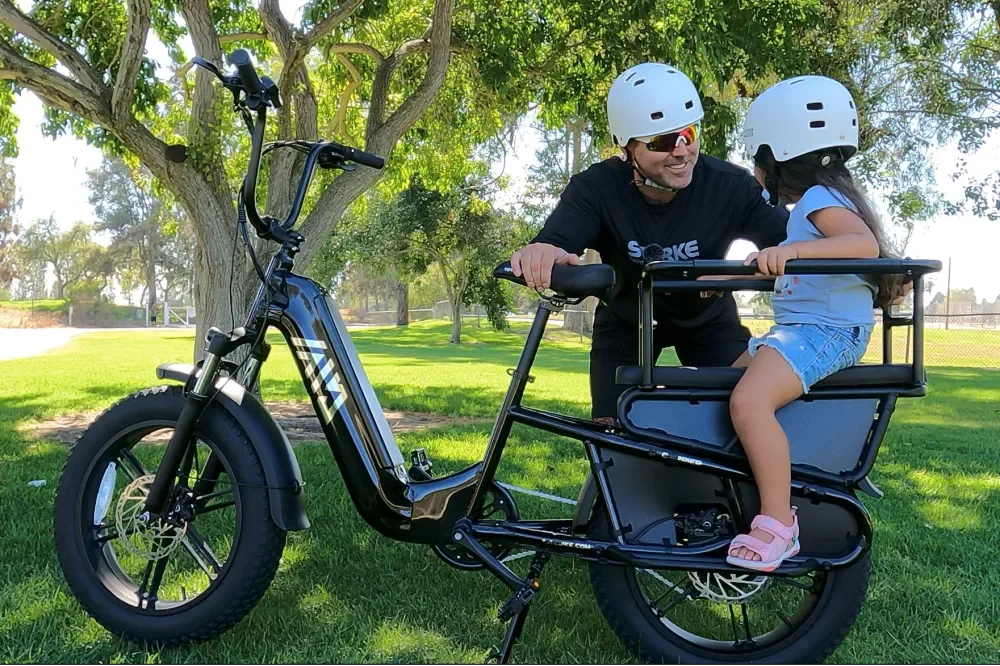
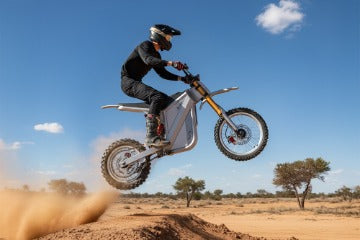
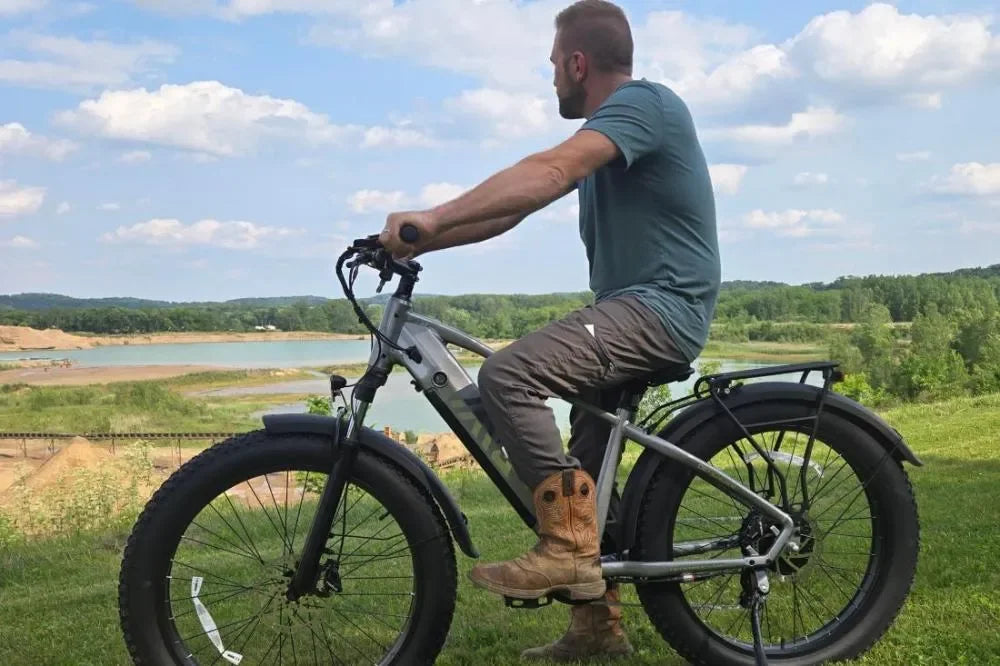
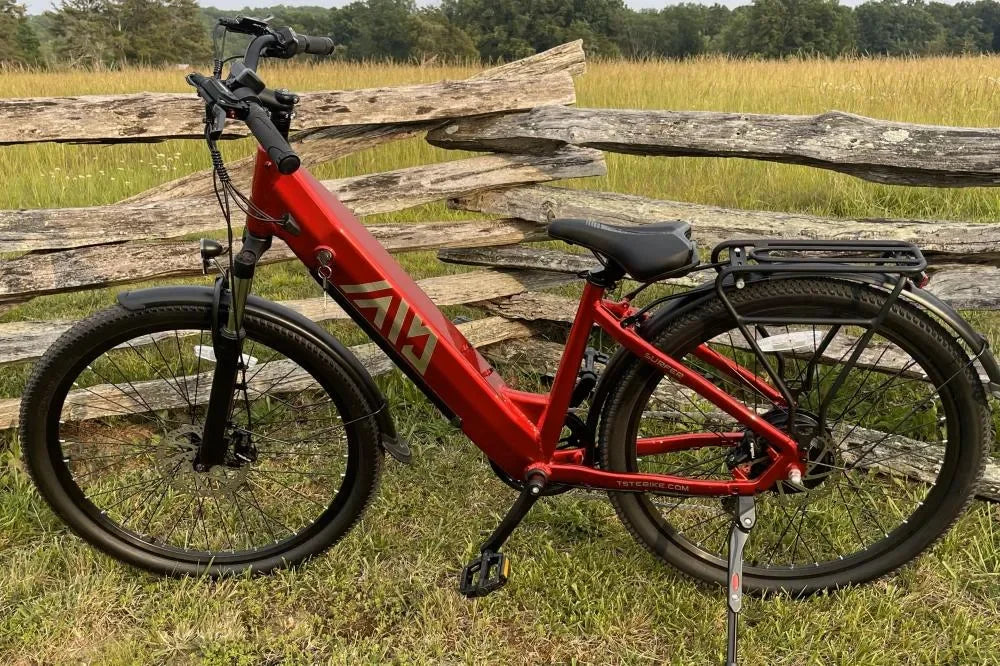
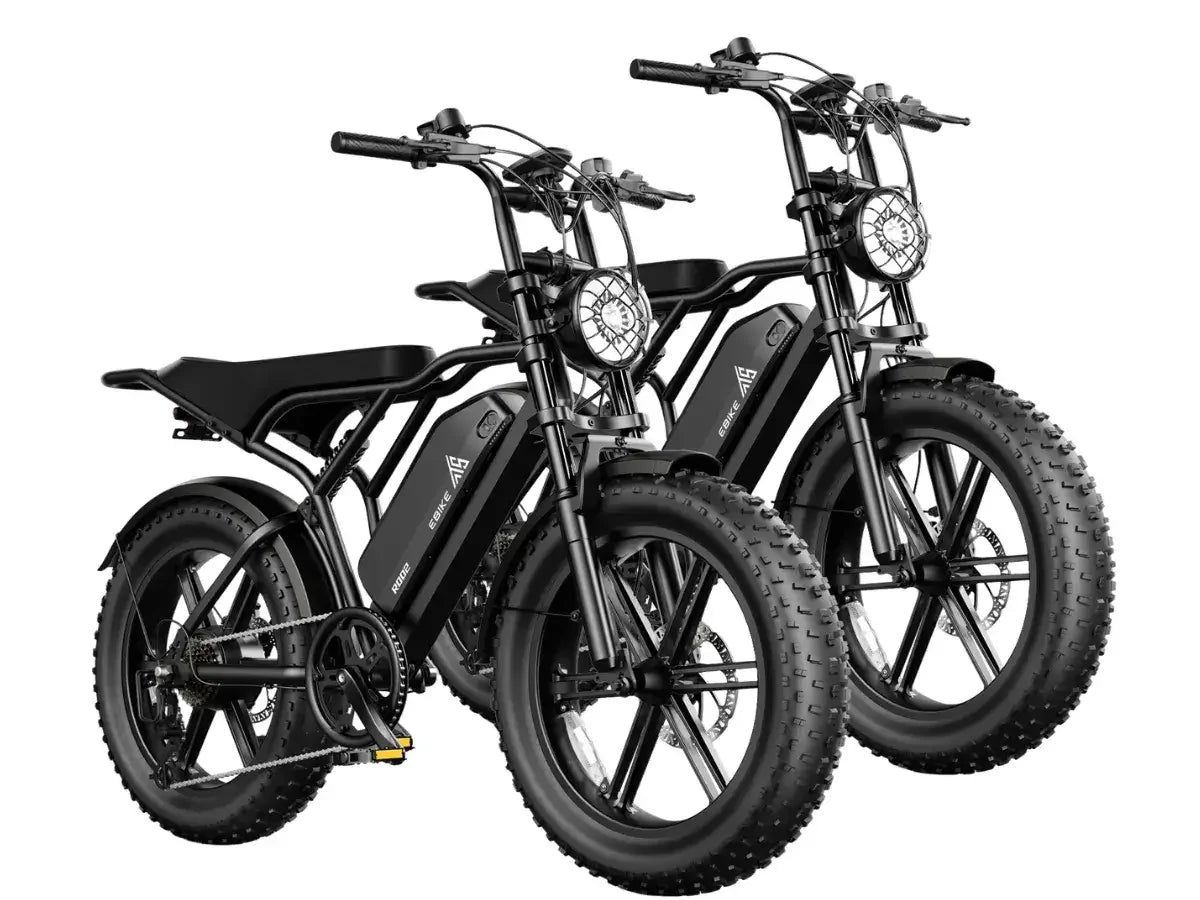
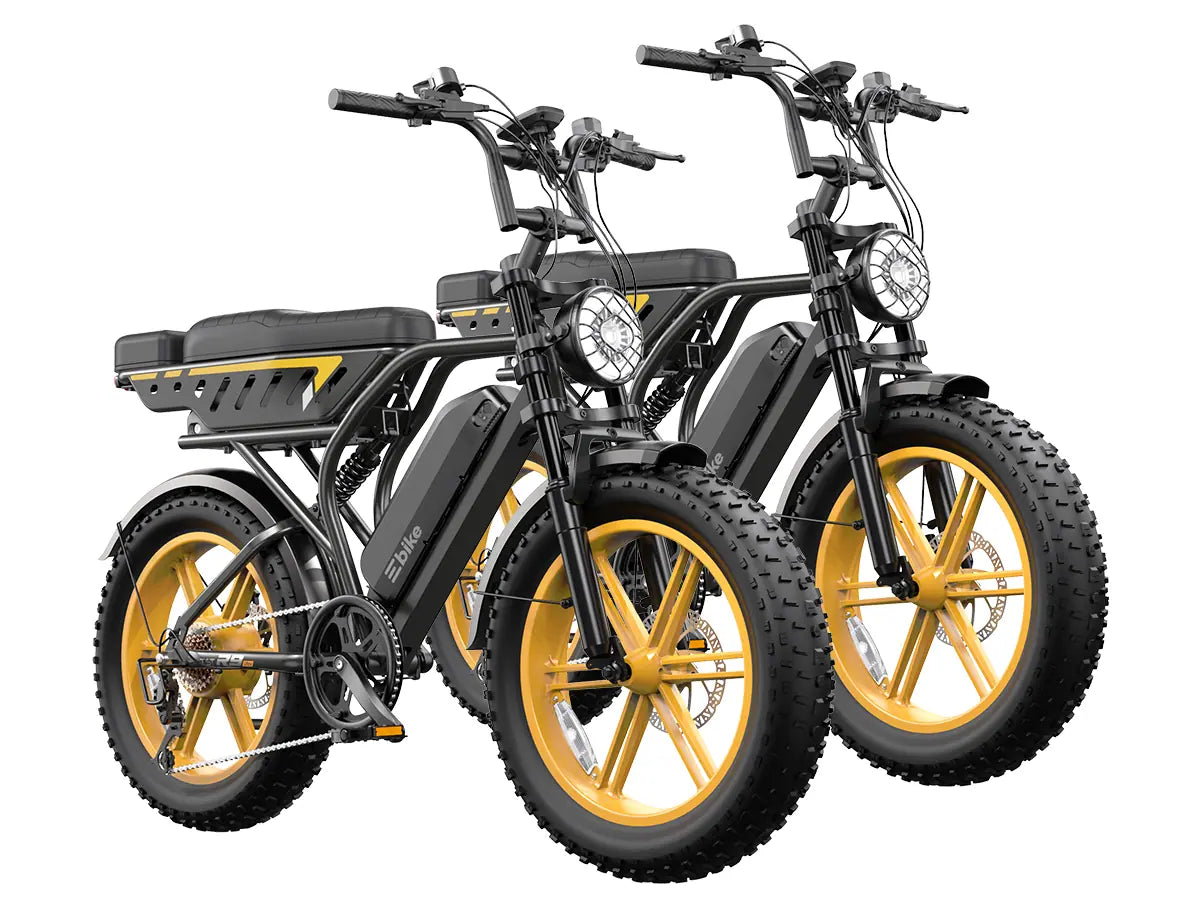
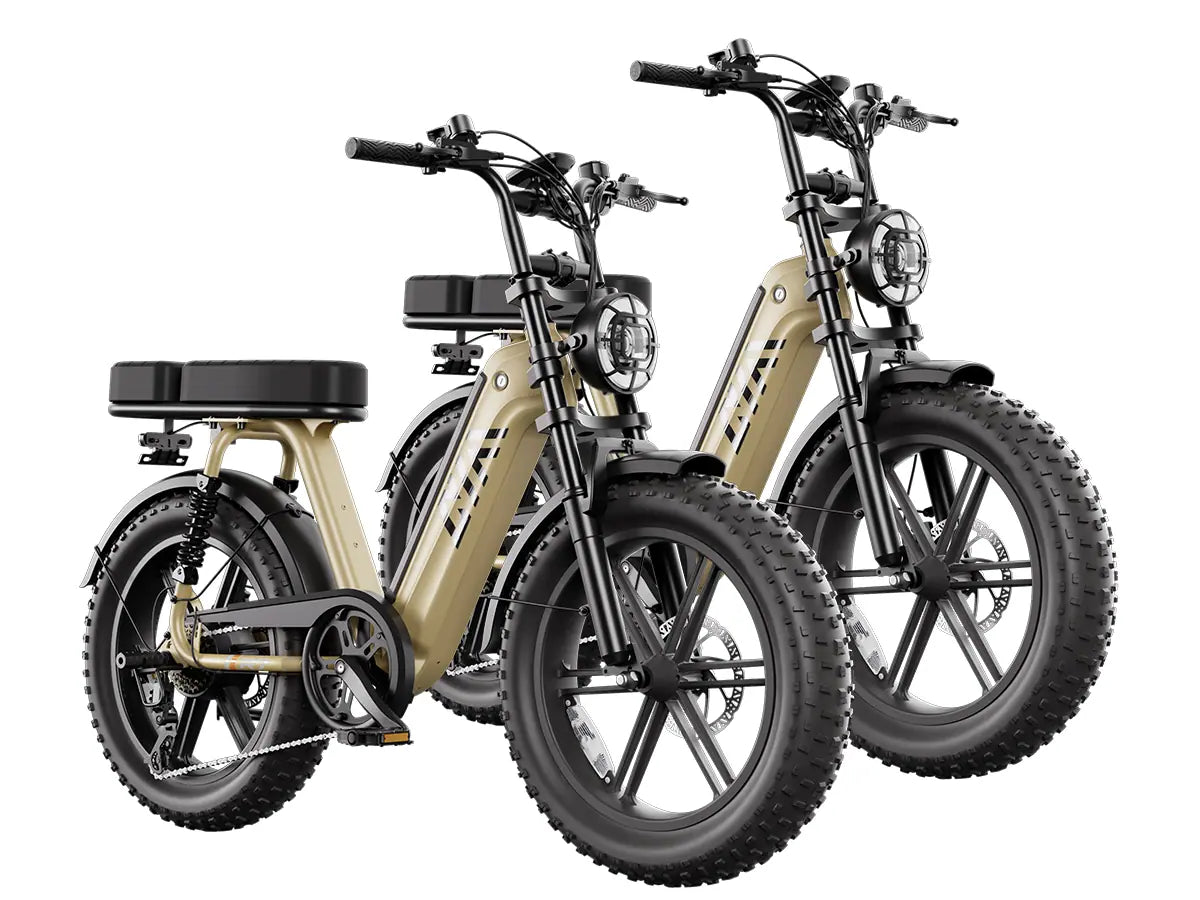
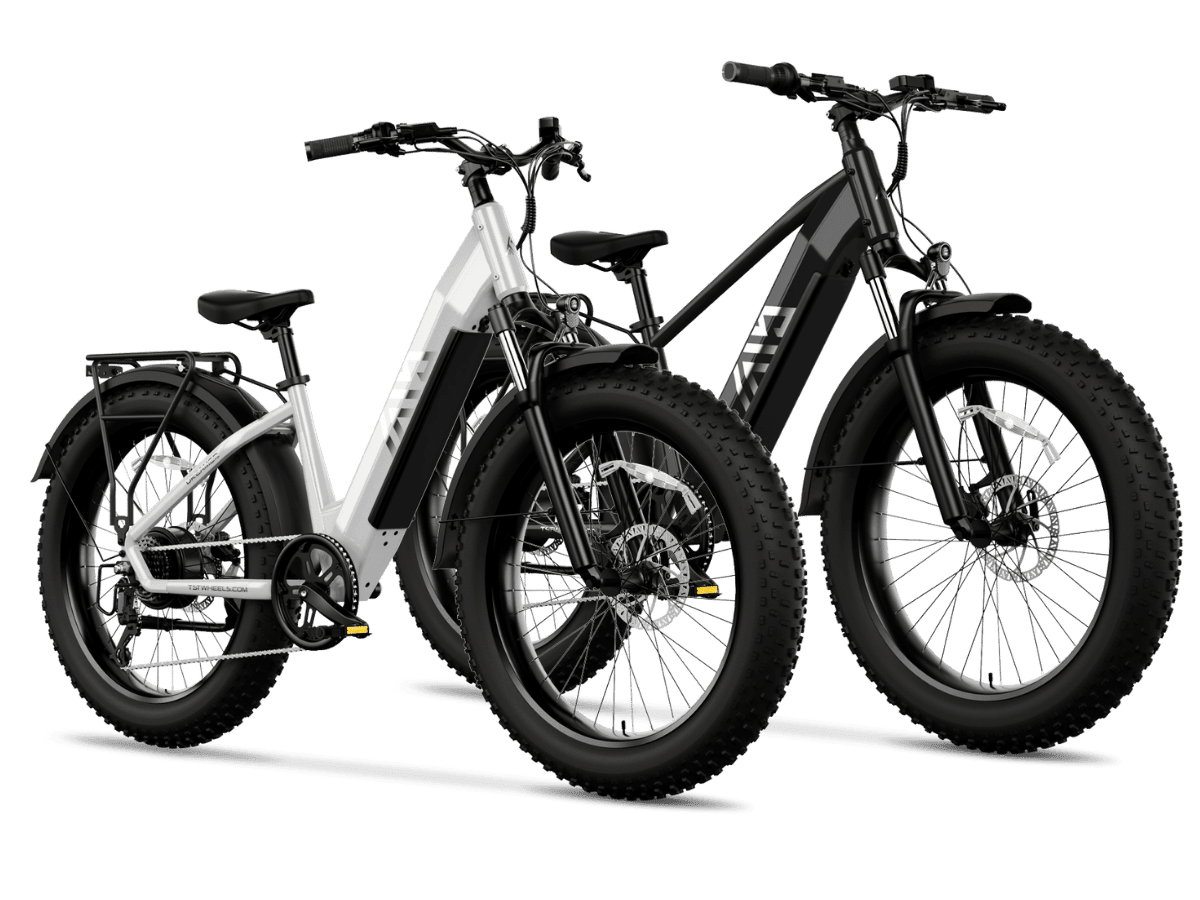
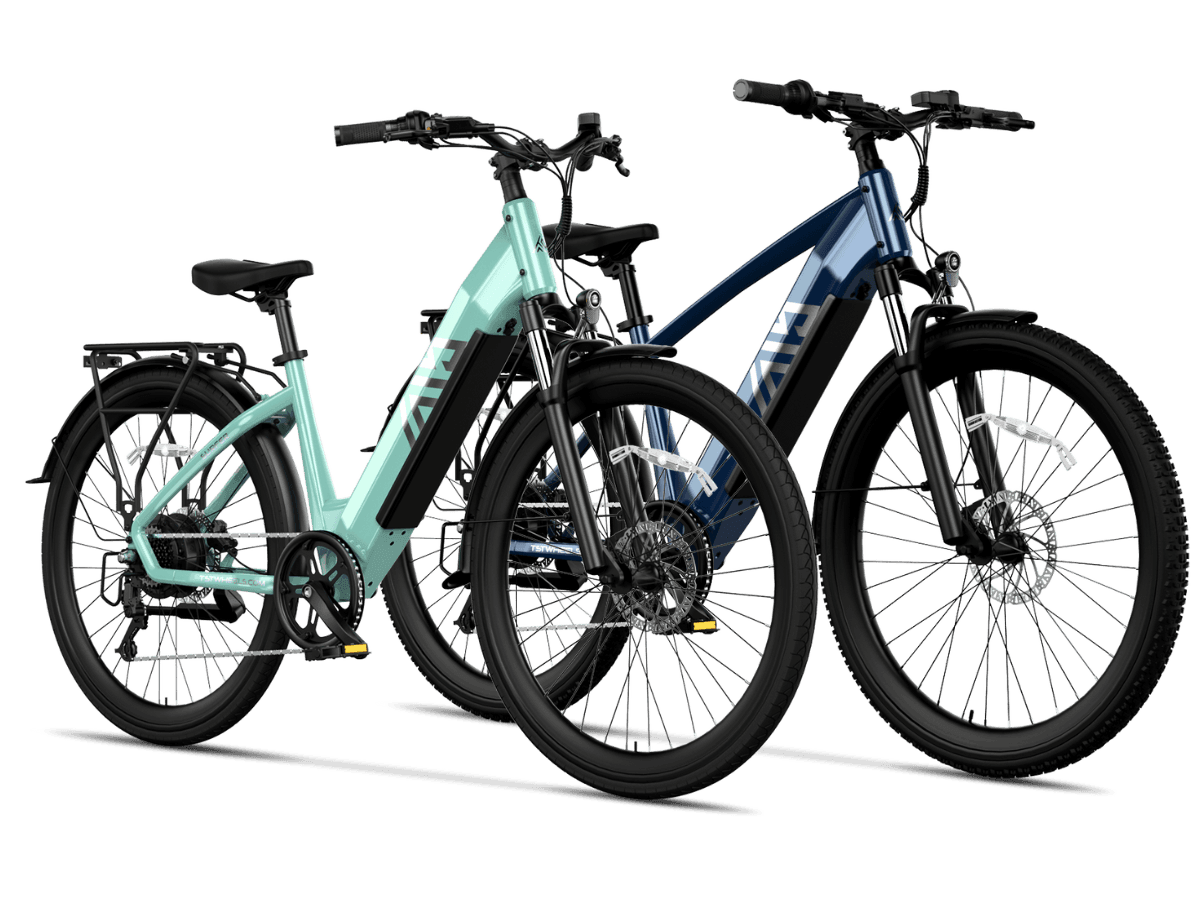
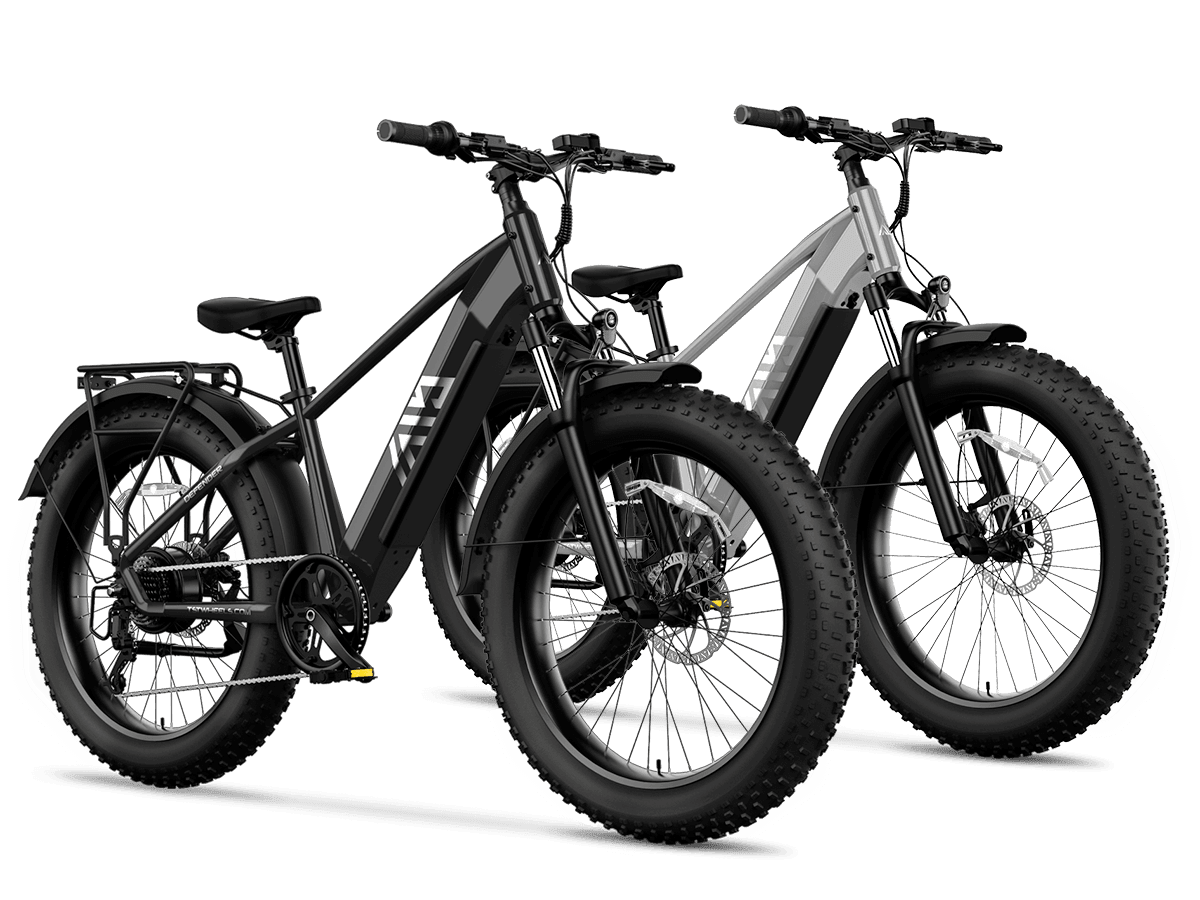
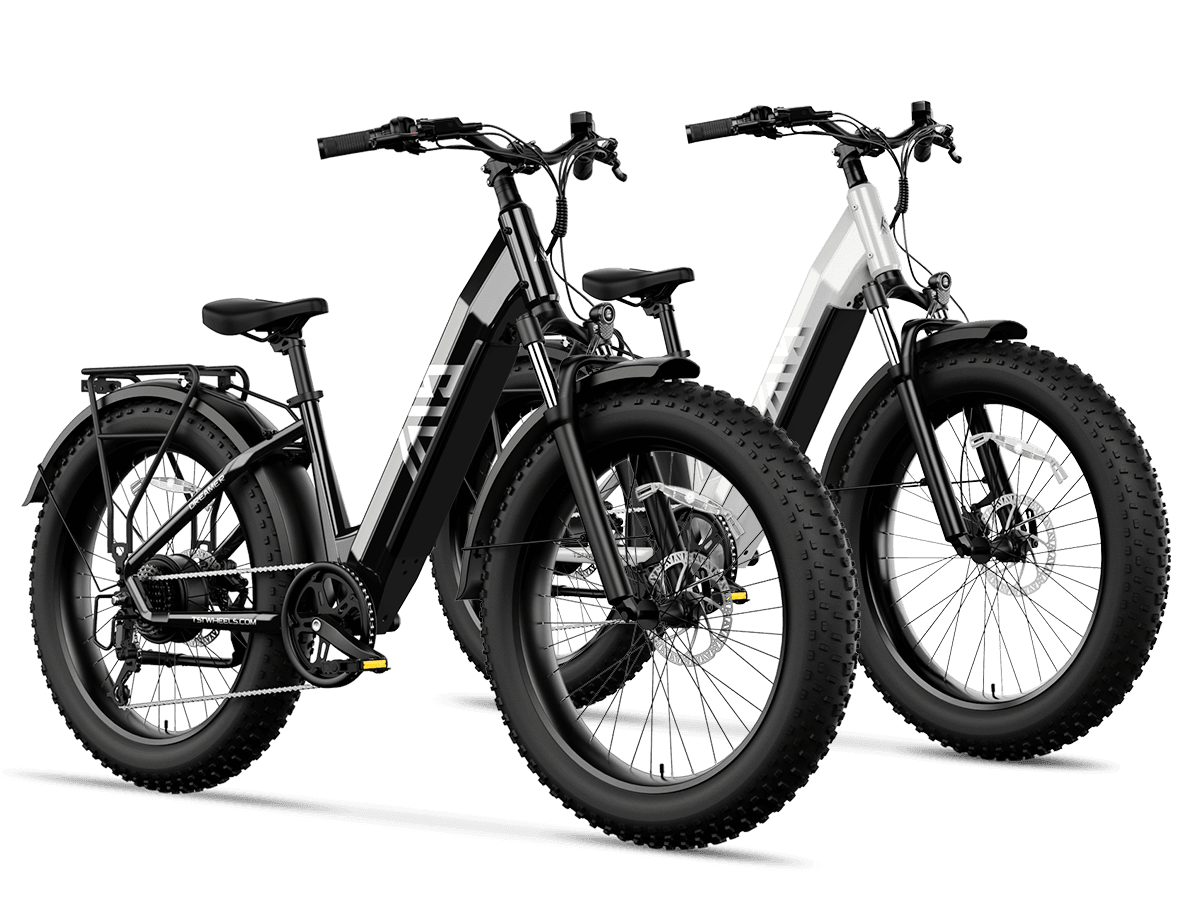
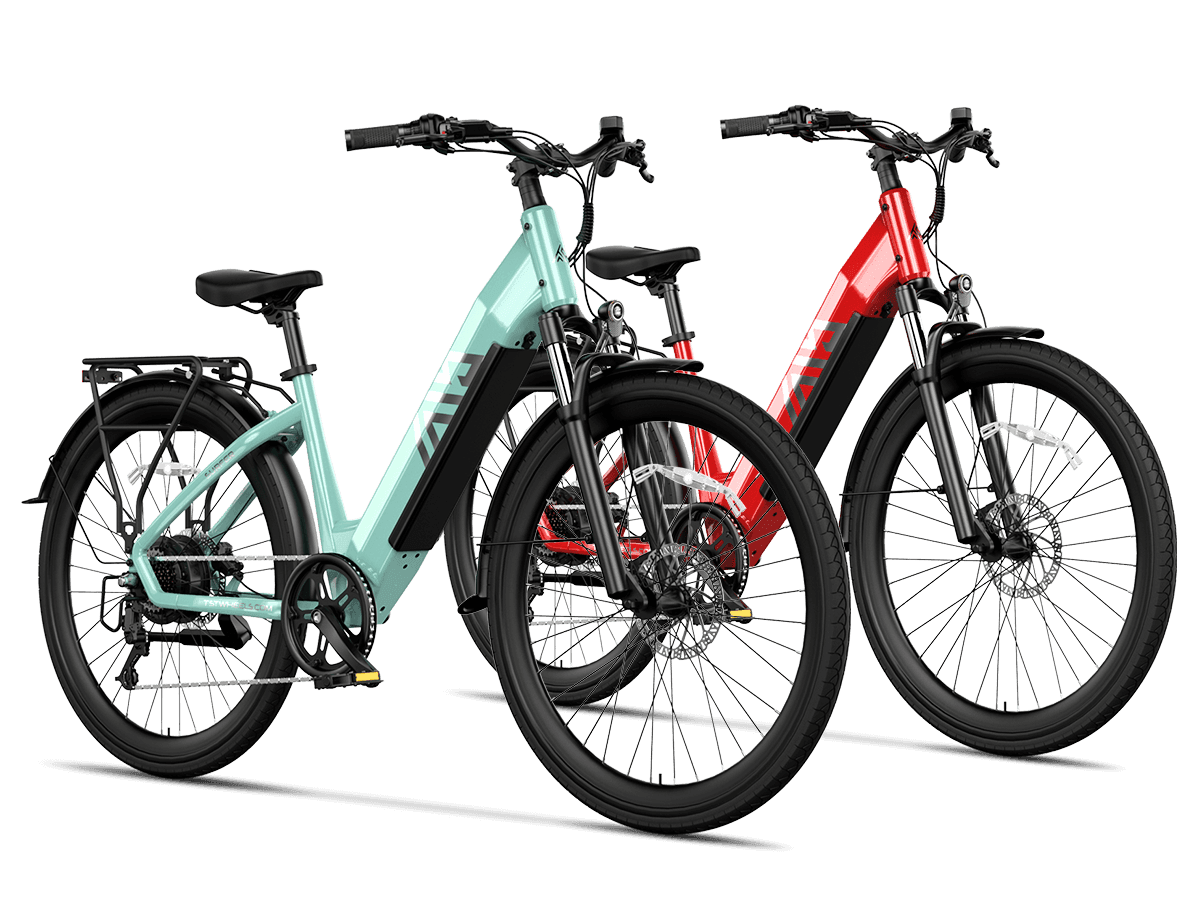
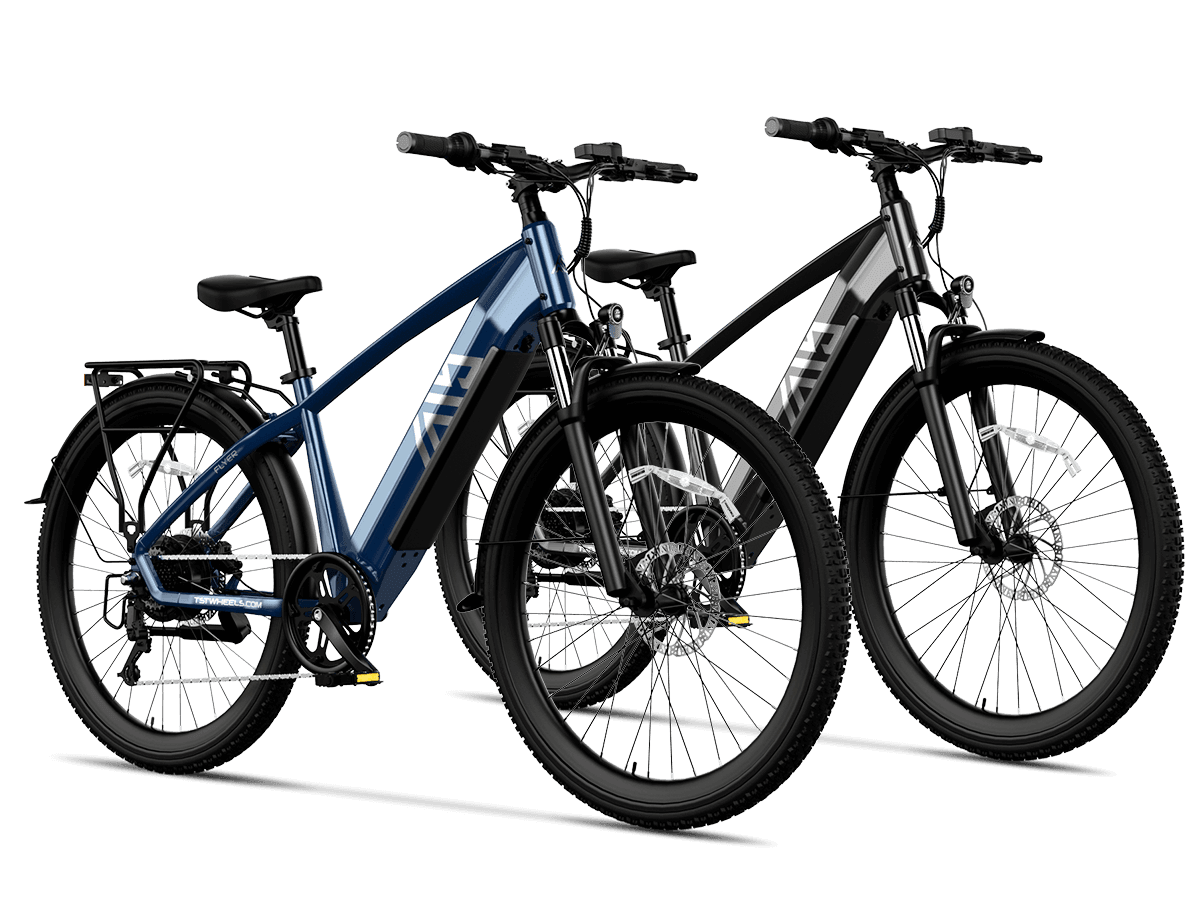
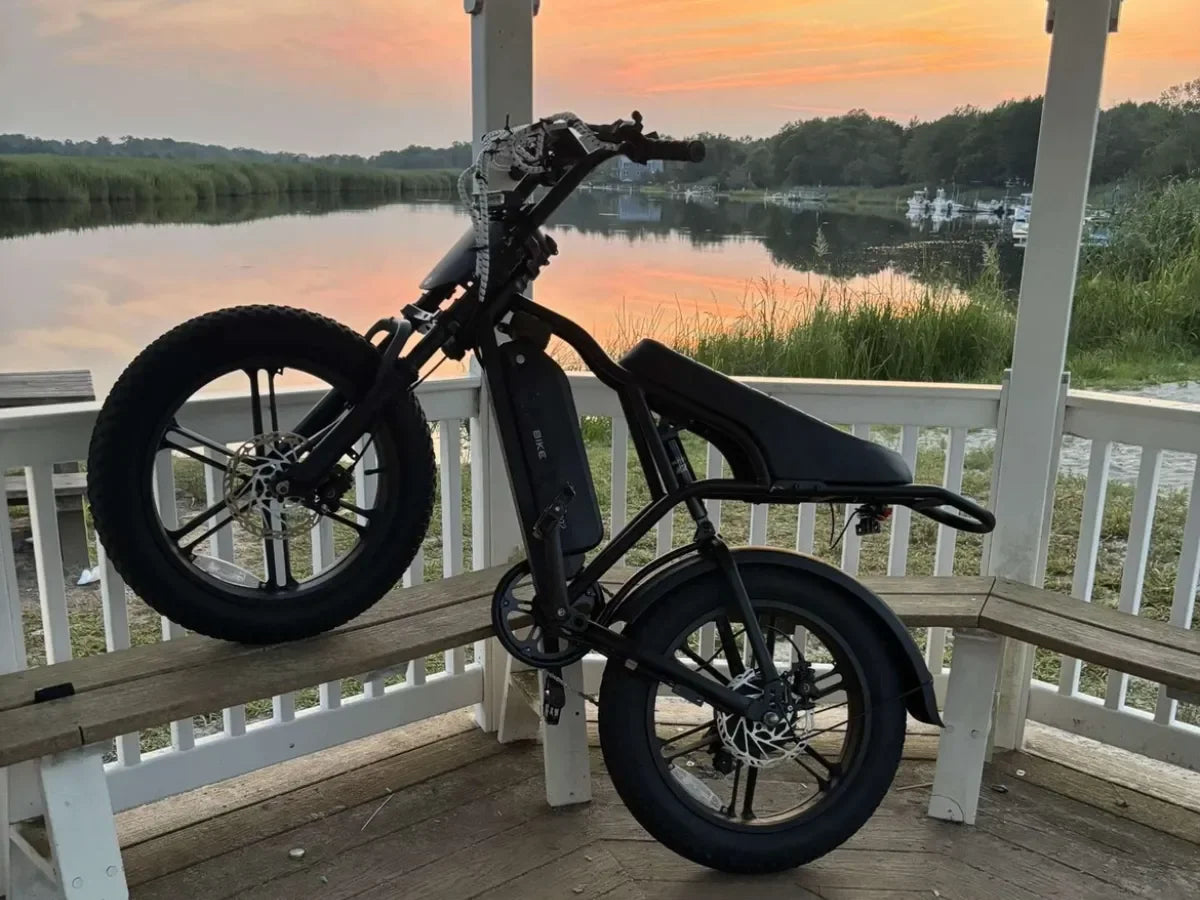
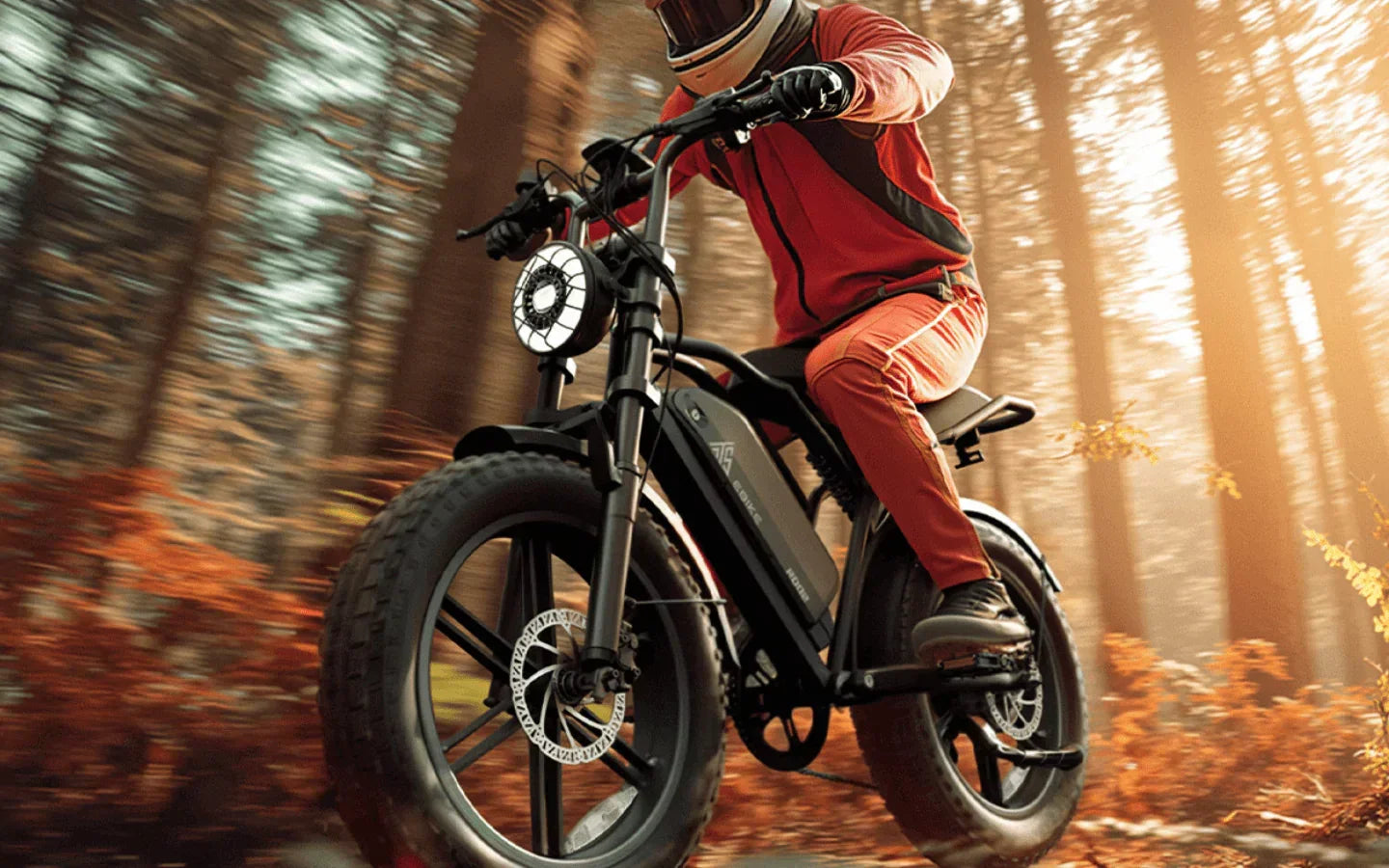
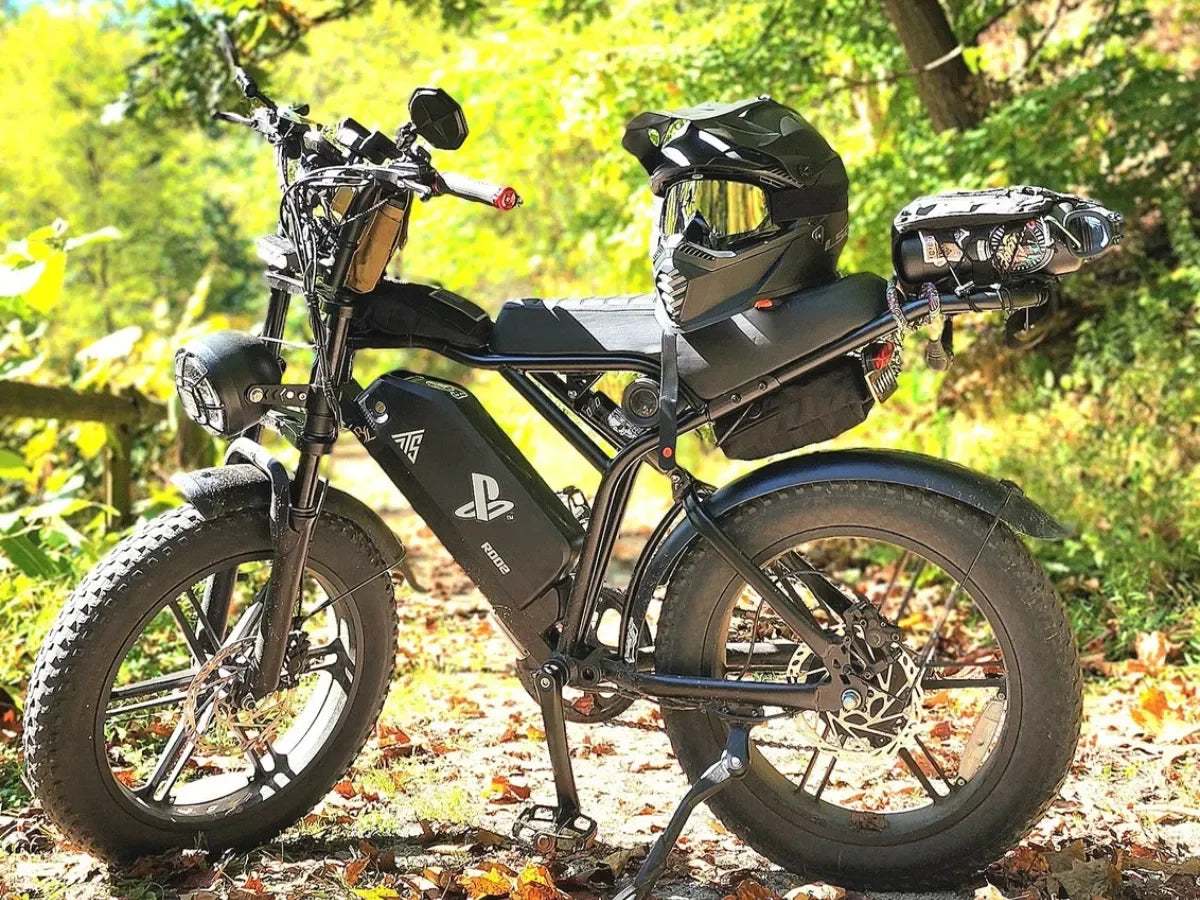
Leave a comment
All comments are moderated before being published.
This site is protected by hCaptcha and the hCaptcha Privacy Policy and Terms of Service apply.